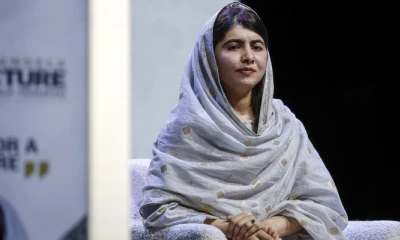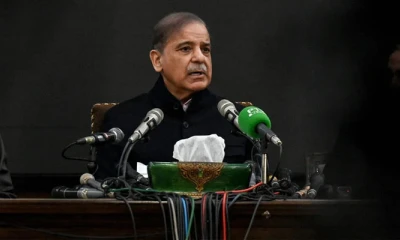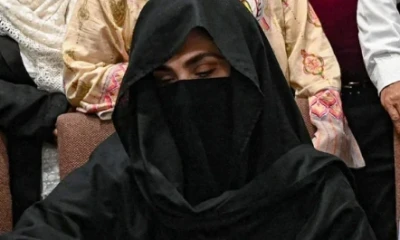Pakistan
Pakistan can ‘embrace food security risk’ if farmers aren’t facilitated: PM Imran tells kissan convention
Islamabad: Prime Minister Imran Khan Thursday said farmers are backbone of the country and that the government is making efforts to make peasants prosper.
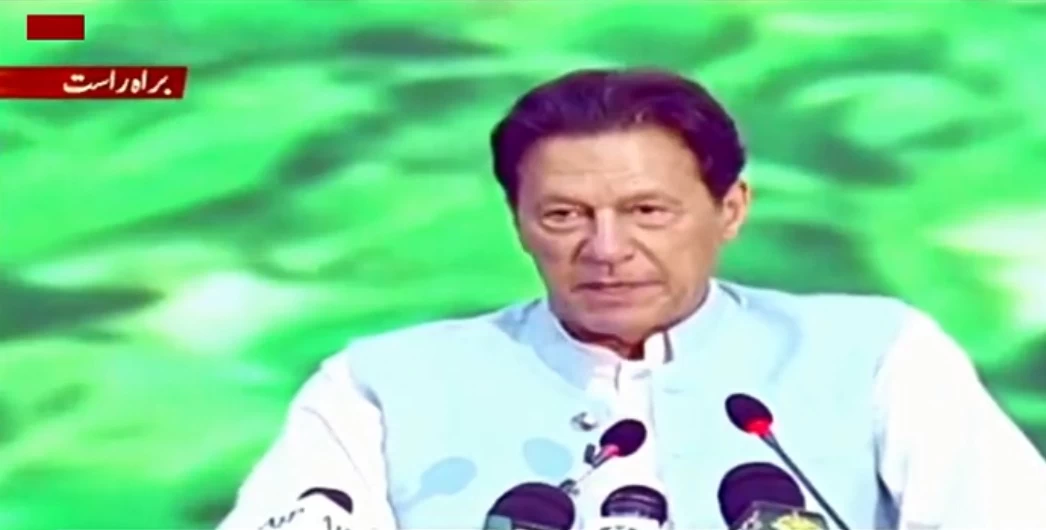
“We are going to issue Kissan Card for peasants so that they could invest in their agri lands and become prosper,” he said while addressing a gathering of farmers at the Kissan Convention.
He feared Pakistan could face food security risk if cultivators are not facilitated for enhancing agri production.
PM Imran reiterated that if Pakistan continues its current trajectory, food security will turn into national insecurity”. He said that if 30 to 40 pe rcent are left hungry then "they will bring the whole nation down".
وزیر اعظم عمران خان کا کسان کنونشن کی تقریب سے خطاب@PakPMO @fawadchaudhry https://t.co/SJFtISFKAk
— Government of Pakistan (@GovtofPakistan) July 1, 2021
"The objective of the Kissan convention is to sensitise all stake holders to realise the importance of agriculture and practical measures for the uplift of farmers," Mr Khan said.
“We have 12 climatic zones a year and the government has resolved to promote research in agri sector. The government had decided to promote the cultivation of all kinds of crops and fruits as per the countrywide mapping of land and research."
The premier told the convention that the government would impart training to small cultivators and that the direct subsidy would be given to farmers.
“A nation that does not fulfil the diet of its people should be punished,” said the prime minister.
The premier said the government is taking steps with a view that Pakistan becomes a food exporter rather than food insecure.
He said Pakistan would start olive export in coming few years.
The prime minister said the situation is so dire that kids in the country are born stunted. “Around 40 per cent of babies in our country are stunted because their diet isn't complete. This is a very dangerous figure”.
The premier said to tackle the problem, the government is launching a nutrition programme under the Ehsaas programme.
The plan will focus on ensuring that the diet of children till the age of three is complete so they are not stunted.
"If they remain stunted then the children will be left behind in the race of life as their brain and body will not be developed," Mr Khan noted.
Highlighting the use of modern agriculture technology, the prime minister exemplified Israel which had even turned the desert cultivable. He said though Pakistan did not recognize it owing to its oppression against Palestine, Israel achieved progress in agriculture using the modern techniques.
The government would also give special focus on research and seed development, the prime minister said and informed the audience that the inclusion of agriculture in CPEC would also enable Pakistan benefit from Chinese agriculture technology.
He said in order to support the small farmers, the government had introduced loans under Kamyab Jawan Program.
Moreover, through Kisan Card, the government would provide direct subsidy to the farmers with little land holdings. The farmers would also be trained on modern trends and techniques in agriculture, he added.
Imran Khan said an olive revolution was in the making in Pakistan and the country would emerge as an olive exporter within next few years.
He said it was unfortunate that around 30 per cent of produce like fruit and vegetables were wasted owing to the absence of storage and proper transport facilities.
The prime minister said that taking advantage of technology, China had developed virtual market to enable the farmers directly sell their products in the market.
The prime minister said the government would strive for farmers’ prosperity who would resultantly spend more money on their land and thus receive increased crop.
The premier said as the farmers had got Rs1100 billion against their crops of wheat, sugarcane and rice which ultimately led to the record bumper crop as the farmers put in extra money to enhance their yield.
-
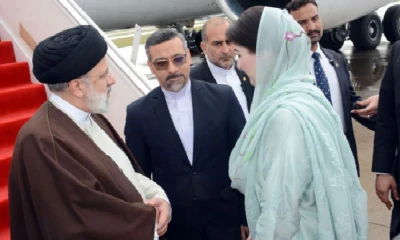
 Pakistan 2 days ago
Pakistan 2 days agoIranian President Raisi reaches Lahore
-
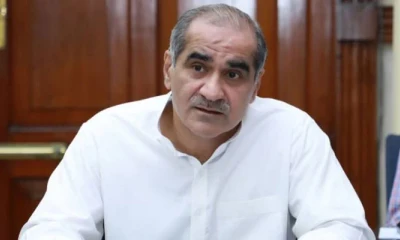
 Pakistan 2 days ago
Pakistan 2 days agoSaad Rafique announces to act against editing speech
-

 Pakistan 2 days ago
Pakistan 2 days agoTraffic plan released as Iranian President to visit Lahore, Karachi today
-
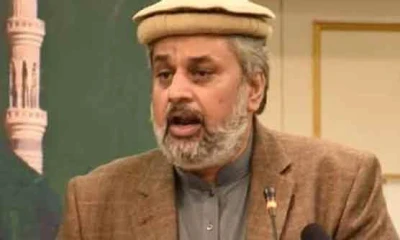
 Pakistan 20 hours ago
Pakistan 20 hours agoImran Khan nominates Hamid Raza as chairman PAC
-

 Pakistan 2 days ago
Pakistan 2 days agoNawaz Sharif to leave for China on four-day visit
-

 Pakistan 20 hours ago
Pakistan 20 hours agoAfter President’s visit, Pakistan-Iran joint declaration issued
-

 Pakistan 22 hours ago
Pakistan 22 hours agoCM Punjab gives Rs2.5mn cheque to family of guy hit by her protocol convoy
-

 Sports 17 hours ago
Sports 17 hours agoFourth T20I match: Imad can be part of Pakistan’s squad against New Zealand


